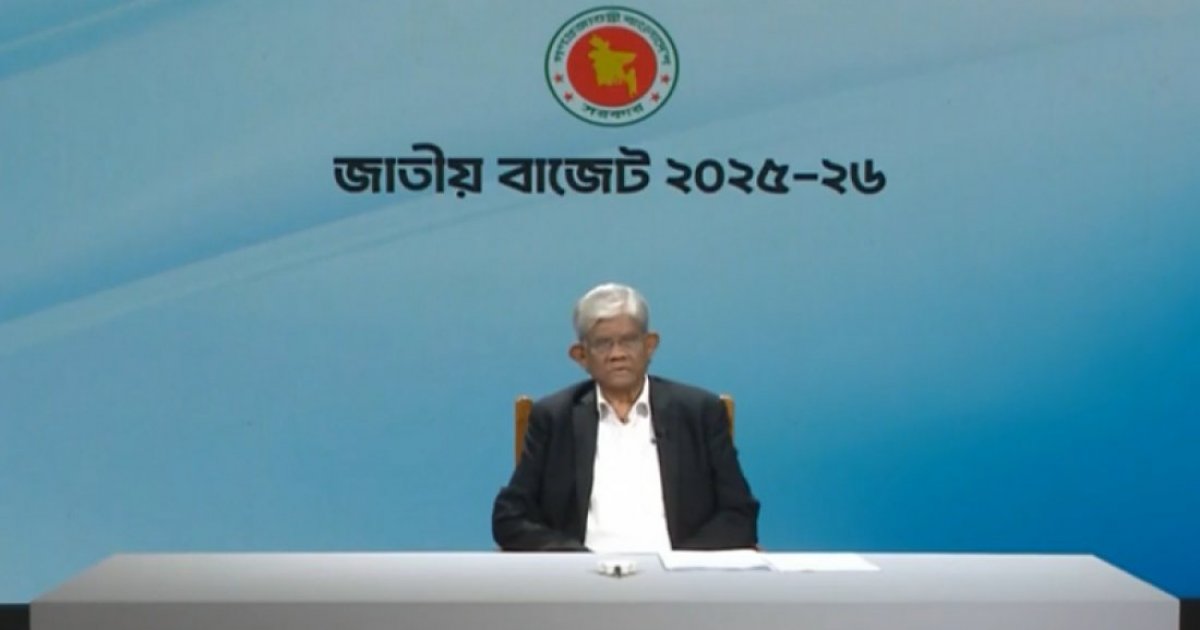Budget Breakthrough: Parliament's Finance Committee Greenlights Fiscal Framework & Revenue Plans

Key Fiscal Decisions Made as Budget Takes Shape
Johannesburg – In a significant step towards finalizing South Africa’s budget, Parliament's finance committee has approved the fiscal framework and revenue proposals that form the bedrock of the upcoming financial plan. After two days of intensive debate and scrutiny, the committee reached a consensus, with key parties – the African National Congress (ANC), the Democratic Alliance (DA), and ActionSA – all voting in favour of the report. This approval paves the way for the budget to proceed to the next stages of parliamentary review and, ultimately, implementation.
Understanding the Framework and Revenue Proposals
The approved fiscal framework outlines the government’s overall financial strategy, including projected spending levels, revenue forecasts, and borrowing plans. It sets the stage for how the government intends to allocate resources across various sectors, such as healthcare, education, infrastructure, and social welfare. The revenue proposals detail the mechanisms through which the government aims to generate income, including taxation policies and other sources of funding.
Parties Align on Core Principles
The fact that the ANC, DA, and ActionSA were able to reach an agreement on these crucial financial matters is noteworthy. While these parties often hold differing political viewpoints, the importance of sound fiscal management and a stable budget appears to have fostered a degree of collaboration. The approval signals a commitment to responsible financial planning, even amidst complex economic challenges.
What's Next for the Budget Process?
With the finance committee's approval secured, the report will now be presented to the National Assembly for further debate and amendment. This stage allows for broader parliamentary input and scrutiny. Following this, the budget will be submitted to President Cyril Ramaphosa for assent, after which it will become law. The timeline for these remaining steps is typically within the next few weeks.
Implications for the South African Economy
The approved fiscal framework and revenue proposals have far-reaching implications for the South African economy. The budget's choices on spending and taxation will impact businesses, consumers, and the overall economic outlook. Analysts will be closely watching how the government balances the need for economic growth with the imperative of fiscal sustainability, particularly in light of ongoing concerns about debt levels and unemployment. The details of the budget will be a key indicator of the government's priorities and its approach to addressing pressing economic issues. Further scrutiny of the specifics of the revenue proposals will be crucial to assess their potential impact on various sectors and income groups. The collaborative effort demonstrated by the finance committee provides a basis for navigating potentially difficult economic choices.
Looking Ahead: Challenges and Opportunities
While this approval represents a positive step, significant challenges remain. South Africa's economy continues to face headwinds, including global economic uncertainty, rising inflation, and persistent unemployment. The budget will need to address these challenges effectively while also creating opportunities for sustainable growth and development. The government’s ability to implement the budget effectively and efficiently will be crucial to achieving its stated goals.






